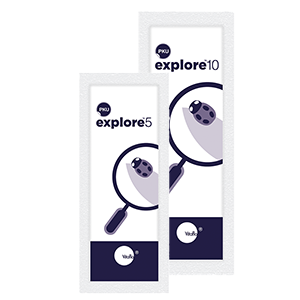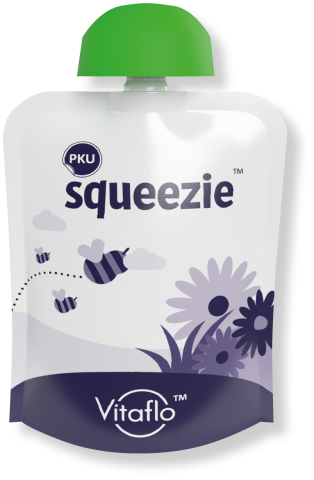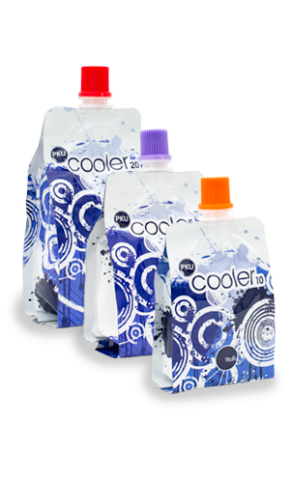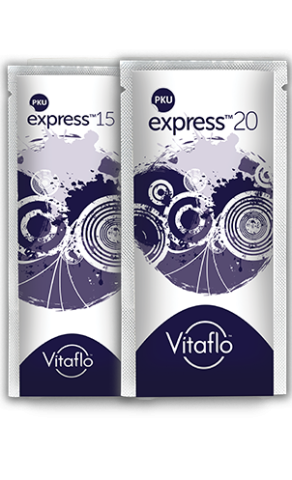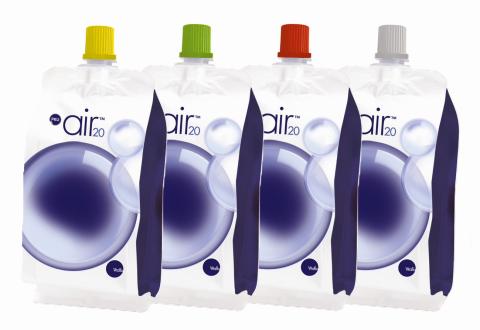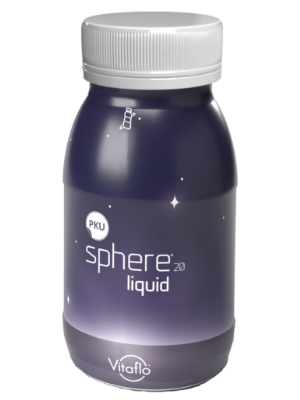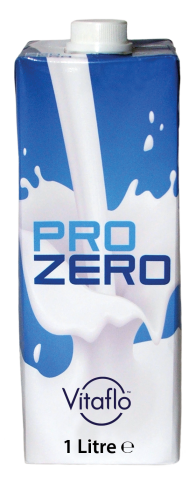At 28 years old, having spent almost THREE decades with Phenylketonuria, all I can say is nothing has been harder, or more rewarding, than the pregnancy and birth of my two children.
My name is Nicholla Kinscher, and I was diagnosed as a baby with PKU. I am a mother to two beautiful children aged 2 and almost 4. I spend my week working part time as a high school English teacher and spending the rest of my days with the most supportive husband and my two amazing and adorable children. However, none of this would have been possible if I hadn’t stuck to my PKU diet.
Growing up, PKU for me, was the biggest problem in my life, the thing I hated the most and what kept me from doing what I wanted to do. Or so I thought! The everyday mental battle of what is the protein content? If I eat this will it affect my brain? When can I give up? It wasn’t until I met a friend online who had PKU that I thought, maybe, just maybe, this wouldn’t be so bad.
After that, my PKU life turned around. I accepted the challenge to go to the PKU Association of NSW’s PKU camp and that is where I met some of the most incredible people, whom I still speak with today. They helped me realise I was not alone and that having PKU was not the worst part of my life but something that can help me connect with people.

As my teenage years progressed, so did the conversations with my metabolic specialist about the risks of a PKU pregnancy and how, with the high levels I was experiencing, there was no way a baby would survive or if it did my baby would be so severely deformed. Personally, I found these conversations mortifying. I had no intention of becoming pregnant as a teen and certainly did not, but the idea was always in the back on my mind; “You’ll never have a healthy baby.” It wasn’t until I was 17 and in Year 12 that I read an article, in one of the trash women’s magazines, about a woman in Australia who had given birth and had PKU. It was all the things I had ever feared written down with proof that a healthy baby could be born. At last, I felt hope for one day becoming a mother, as I had always wanted, and now it seemed like a real possibility of having a healthy baby.
Through many different events from both the PKU Association of NSW and the Metabolic Dietary Disorders Australia (MDDA), I had the opportunity to meet PKU women who had children and hear about their success stories. One person I did meet was the lady from the story. I got to see her daughter, who was five at the time, and hear about all the joys of motherhood and all the challenges. Something I am now very much aware of and am so thankful for all the women who’ve helped me along the way.
In my next few blogs, I’ll explore the realities of the preconception diet, the pregnancy, the birth and the struggles with PKU post pregnancy. Through all of these, my hope is that women with PKU can not only feel confident in having a child, but also be aware of the realities it entails as there is not many resources out there for such a small group of the population.

